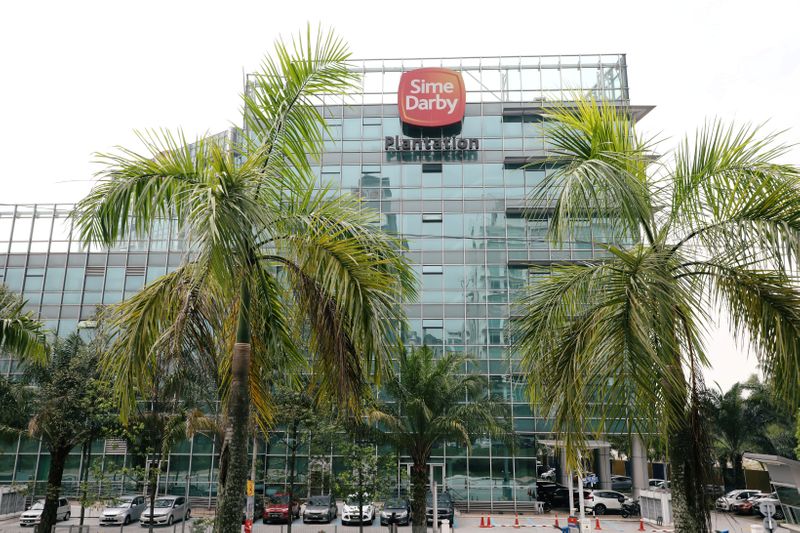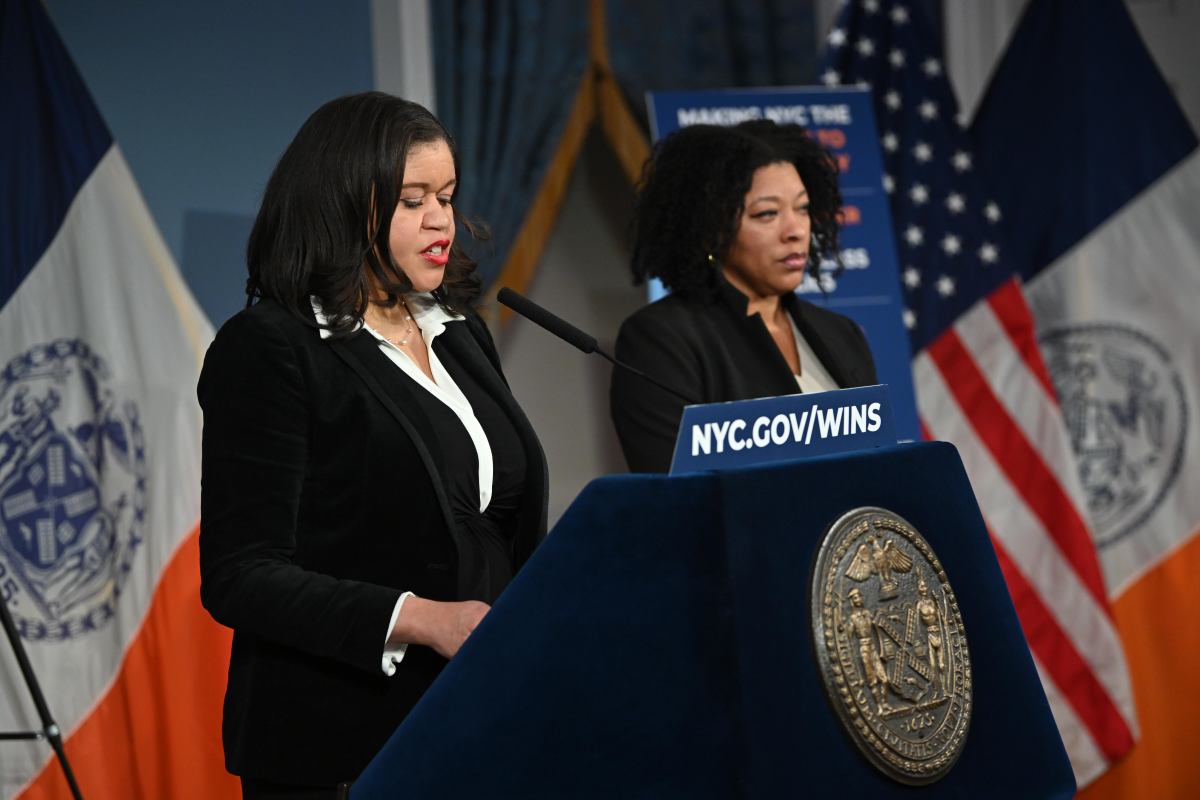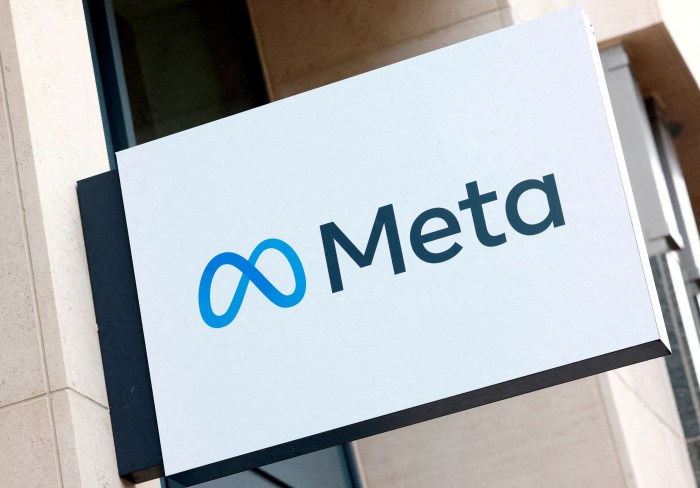KUALA LUMPUR (Reuters) – Sime Darby Plantation on Tuesday said it had withdrawn a lawsuit against the head of anti-trafficking NGO Liberty Shared as Malaysia’s Securities Commission is no longer investigating the world’s largest sustainable palm oil producer.
Sime Darby had filed the lawsuit seeking information about a complaint to the Securities Commission by Liberty Shared managing director Duncan Jepson, which the company said triggered an investigation into its sustainability disclosures.
“The discovery application (lawsuit) was predicated on SDP’s understanding that an investigation had commenced as a result of the complaint lodged by Duncan Jepson of Liberty Shared to the Securities Commission Malaysia,” Sime Darby said in a statement.
“It has since been clarified by the Securities Commission that there is no investigation into the complaint at present. Accordingly, SDP has now withdrawn the discovery application,” it said.
The Securities Commission and Jepson did not immediately respond to requests for comment.
Palm oil is one of the world’s cheapest and fastest-growing crops, but the industry has faced scrutiny over the years, with rights groups blaming producers for vast deforestation in Southeast Asia and exploitative labour practices.
Hong Kong-based Liberty Shared had petitioned the U.S. Customs and Border Protection last year to ban Sime Darby products, citing evidence of labour abuse.
In December, the United States banned palm oil imports from Sime Darby over allegations of forced labour. Sime Darby has said it is committed to combating forced labour and has robust policies to protect workers’ rights.
Sime Darby’s legal action in Malaysia had prompted human rights group Shift to exit the company’s newly-established human rights commission on Saturday.
Migrant rights activist Andy Hall said he will continue working with Sime Darby now that the litigation has been withdrawn.
“I consider that today’s move by Sime Darby to withdraw this lawsuit reflects a genuine show of good faith from the company’s leadership to sustainability and longer term growth in areas of human rights, transparency and stakeholder engagement,” Hall said.
“Activists from NGOs, trade unions and community groups need to be able to do their important work in promoting responsible corporate conduct in society without fear of legal action,” he added.
(Reporting by Mei Mei Chu. Editing by Jane Merriman)






















